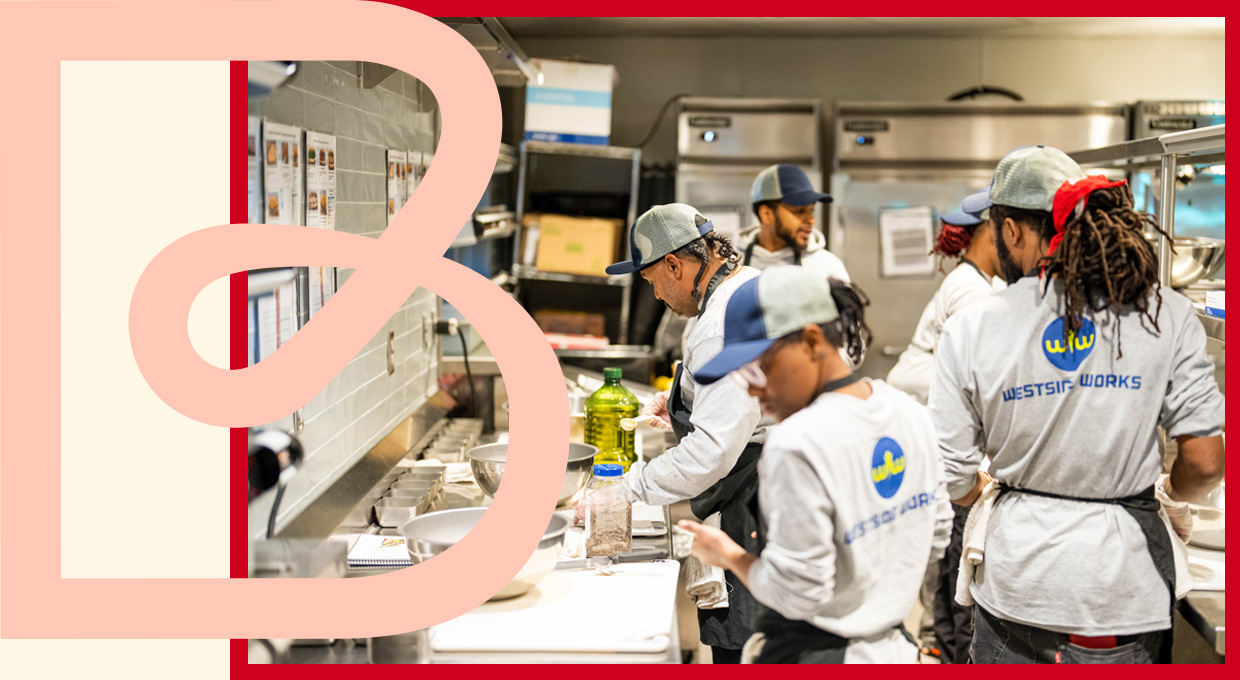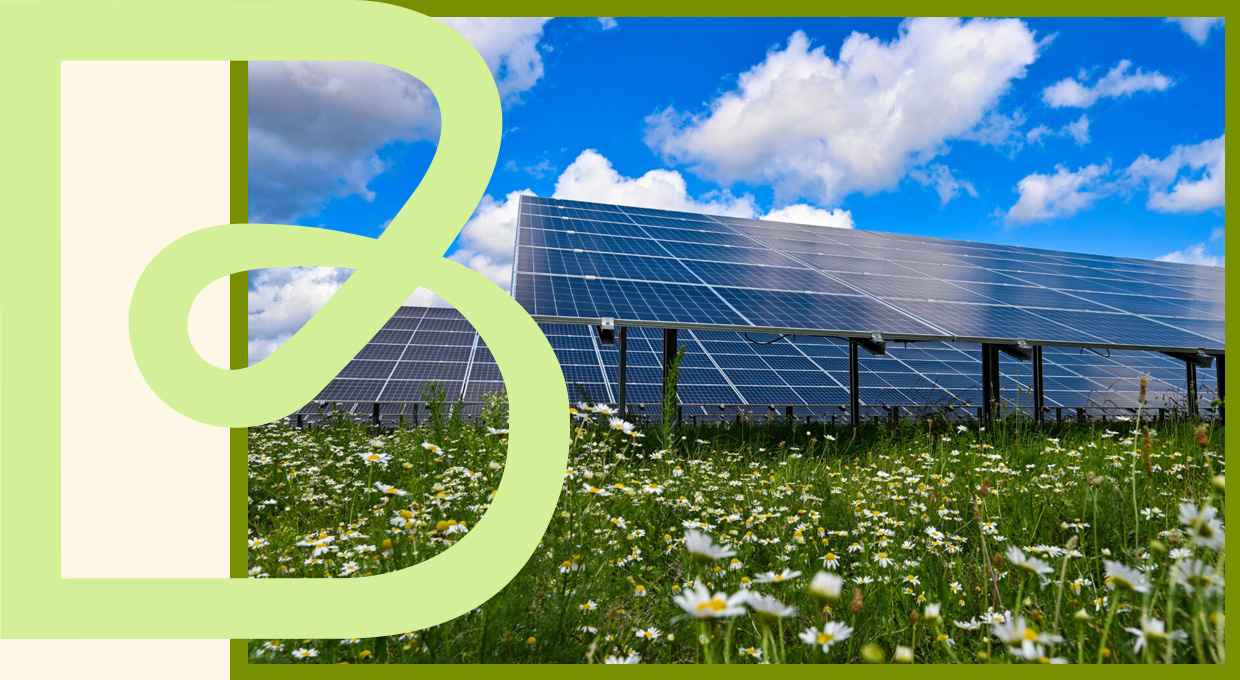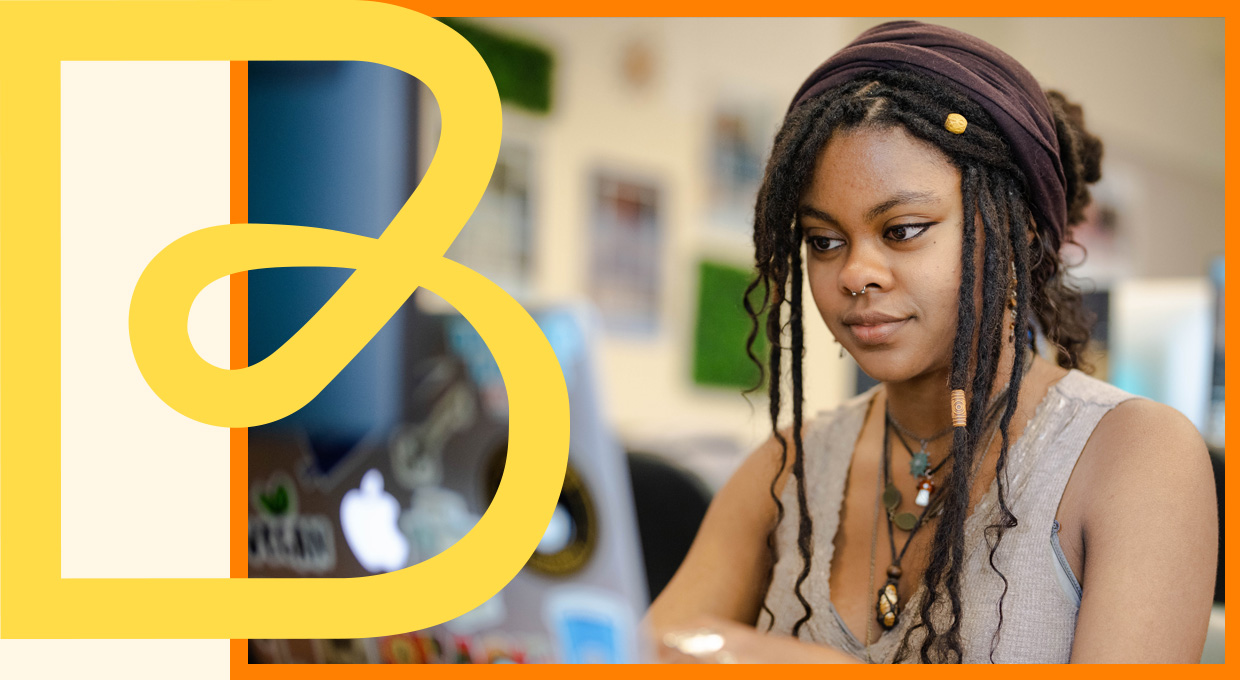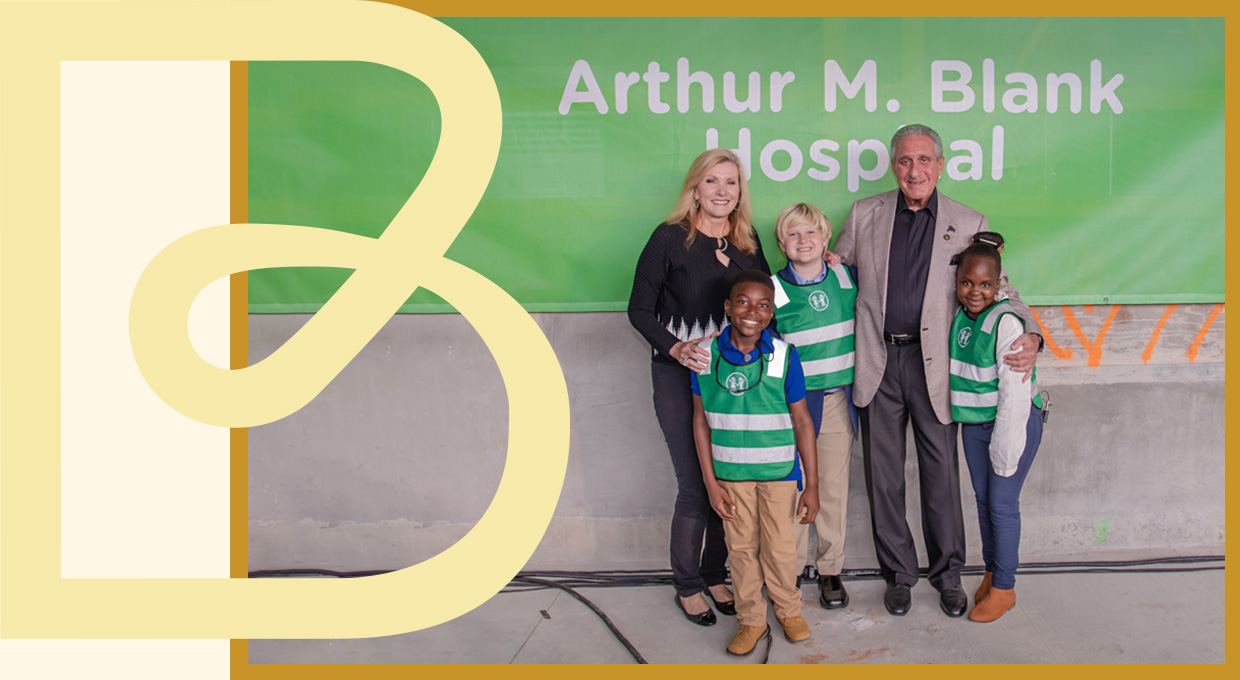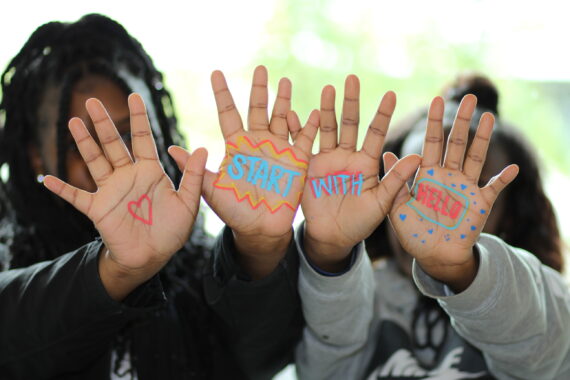Breaking the Cycle: How Motherhood Beyond Bars Keeps Families Together
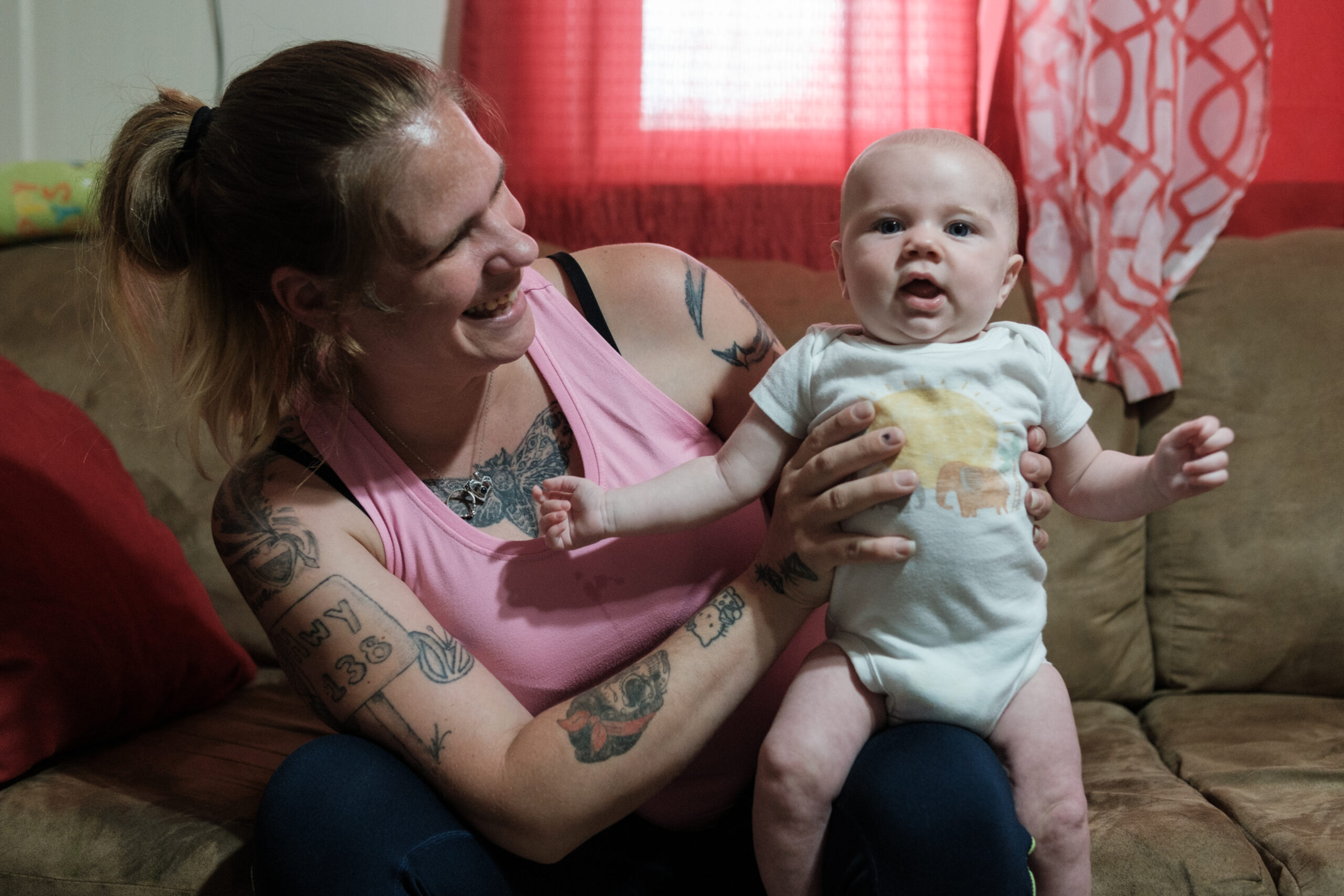
Since 2018, Motherhood Beyond Bars (MBB) has offered comprehensive support for incarcerated mothers, their infants and caregivers in the state of Georgia. With the goal of long-term, healthy reunification and a permanent end to cycles of incarceration in families, MBB supports and strengthens families by providing essential services that fill critical gaps in care and connect families to resources that ensure they have the support they need to thrive.
The United States has the highest incarceration rate for women in the world, with numbers increasing six-fold since 1980. A significant percentage of these women are pregnant when they enter the prison system. The immediate separation that occurs when an incarcerated mother gives birth in custody disrupts the crucial early bonding process and can result in long-term consequences for the child’s development and the family’s well-being. As a result, children born to incarcerated mothers are particularly vulnerable, facing a high risk of adverse health outcomes and challenges in their social and interpersonal development.
In Georgia, hundreds of pregnant women are incarcerated each year, often without access to adequate prenatal care, education or support. Mothers normally have a strong desire to keep the newborn child in the care of a family member and out of the child welfare system, but caregivers are sometimes unprepared for the financial and emotional responsibilities of raising an infant. MBB is uniquely positioned to address these challenges by offering maternal health services, prenatal and postpartum education, and direct support to caregivers to help maintain the critical bond between mothers and their children.
In October 2024, the Arthur M. Blank Family Foundation awarded a $50,000 grant to MBB to support the specific needs of pregnant women and mothers in prison. This funding is part of a larger $2 million investment in nonprofit organizations that are advancing mental health and well-being for infants and mothers. This effort by the foundation reflects a strategic investment in prevention, ensuring mothers and children have access to early, culturally responsive care that fosters healthy emotional bonds.
A recent conversation with Amy Ard, Executive Director at MBB, provided some thoughtful insight into the organization’s work and goals.
Q: Can you share a little about the history of Motherhood Beyond Bars?
A: We started in the Georgia prison system in 2013, focusing on women who were sentenced and knew they would be separated from their babies after birth. Since then, our program work has evolved from an in-person model in the prisons to outside, providing holistic family support, seeing the mom, baby and caregiver as a family unit. We’re also focusing on finding alternatives to incarceration that allow mothers and babies to stay together in supportive services.
Q: How does the organization’s approach support mothers, children and their families?
A: An important aspect of our work is our multi-generational approach. We focus on mental health and resiliency across three generations: the infant, the mom and the caregiver, usually a grandmother. Focusing on the entire family lifts them all and increases the chances that the entire family will thrive. Science tells us that adverse childhood experiences have lifelong consequences. Every single one of our babies is born with one of these adverse experiences, being born to someone in prison. To get to the root of the problem and prevent problems several generations down the road, we need to intervene early and with as many family members as we can reach. Another important approach is how we’ve built our team of program coordinators. These are folks with experience in mental health, addictive diseases and forensic peer mentoring. Building a staff out of certified peer specialists who are healthy and whole is central to our services because we are able to build authentic, trusting relationships with women and families we serve.
Q: What factors do you consider when deciding if someone can be diverted from prison?
A: We’re looking for people whose root issue is a substance use disorder, usually predicated by a mental health challenge or experience of trauma. Most of the women we work with have substance use disorders. Property crimes, like shoplifting to support a drug habit, are prime examples of candidates for diversion, and we’ve been really successful in diverting women into treatment programs instead of prison.
Q: Do you see any critical gaps in maternal health and infant welfare that you are filling that no other organization is?
A: There’s no organization in the country doing what we do. We’re very focused on work in Georgia, but this is a model that other states could replicate. We are trying to prevent the separation of mom and baby in the first place, providing rehabilitative and healing services to lift them to a better life together. To do that, we have to find women in jail, identify good candidates for diversion, match them with the right treatment and continue to support them. This is a difficult enterprise because currently no one collects data on the number of pregnant women in Georgia’s jails, nor is it anyone’s job to identify women for diversion. The path of least resistance has always been to incarcerate. Because we’re investing in exploring alternatives to incarceration, and then coordinating across many different systems, we’re filling a critical gap and creating new pathways for justice-impacted women with great results. In Fulton County Jail, we’ve been able to divert at least 25% of the women we’ve met into long-term residential treatment programs where they can stay with their babies.
Q: How is support from funders helping with overcoming those challenges?
A: We’ve been lucky to have a healthy mix of funding sources. There’s something about this issue that lights a deep curiosity and passion in people. When people get curious, they want to learn, and they see the power and promise of our approach. From $5-a-month donors to large foundations, we put resources to work getting to the root of issues that have lasting impact.
Q: Do you have a staff dedicated to working with public defenders and providing legal support?
A: We have seven program staff that are in direct contact with incarcerated mothers. While none of our program coordinators are lawyers, all of them are really good at coordinating with public defenders and legal teams.
Q: How do you take care of your own mental health doing this work?
A: The fire that was lit at the beginning of this journey felt like a calling, something I was uniquely prepared to tackle. It’s hard work, but that fire is still there. As the leader of an organization, I have to take care of myself and my staff. We have reflective supervision with a counselor to prevent burnout and secondary trauma. Building authentic relationships with others means we also have to have those with ourselves. We’ve been effective at building a team that feels connected to one another, grounded in authentic relationships.
Q: What other values drive your work?
A: Trust, definitely. Authentic relationships are crucial because many of the women we work with have never experienced healthy relationships. It means showing up when we say we will, doing what we say we’ll do and not enabling bad behavior. We believe in the inborn ability of every person to build a better life. There’s always a possibility for resilience, healing and hope.
Q: How long do you support these women and families?
A: Our support does not end. People’s lives have periods of stability and instability, and they may need support again during the instability. As things stabilize, they may move into maintenance mode, but they don’t graduate out. They thrive, are resilient and our conversations change, but we stand by them.
Q: How do you see Motherhood Beyond Bars evolving in the next five to 10 years?
A: My commitment is to keep listening and paying attention to where the gaps are and using resources to fill them. We aim to prevent the incarceration of mom and baby and heal families. We’re committed to doing all of this while working to find solutions and continuing to listen for the next big idea from the people we support.
The foundation is dedicated to working with organizations like MBB to strengthen critical support networks, promote early intervention and address the unique challenges caregivers and communities face. To learn more about the foundation’s investments in infant and maternal mental health and well-being, please visit blankfoundation.org/infantmothermh.
Stay Connected
Stay up to date with stories of impact, grants in your neighborhood and other interesting foundation news.
By submitting this form, you are consenting to receive marketing emails from: Arthur M. Blank Family Foundation. You can revoke your consent to receive emails at any time by using the SafeUnsubscribe® link, found at the bottom of every email. Emails are serviced by Constant Contact

